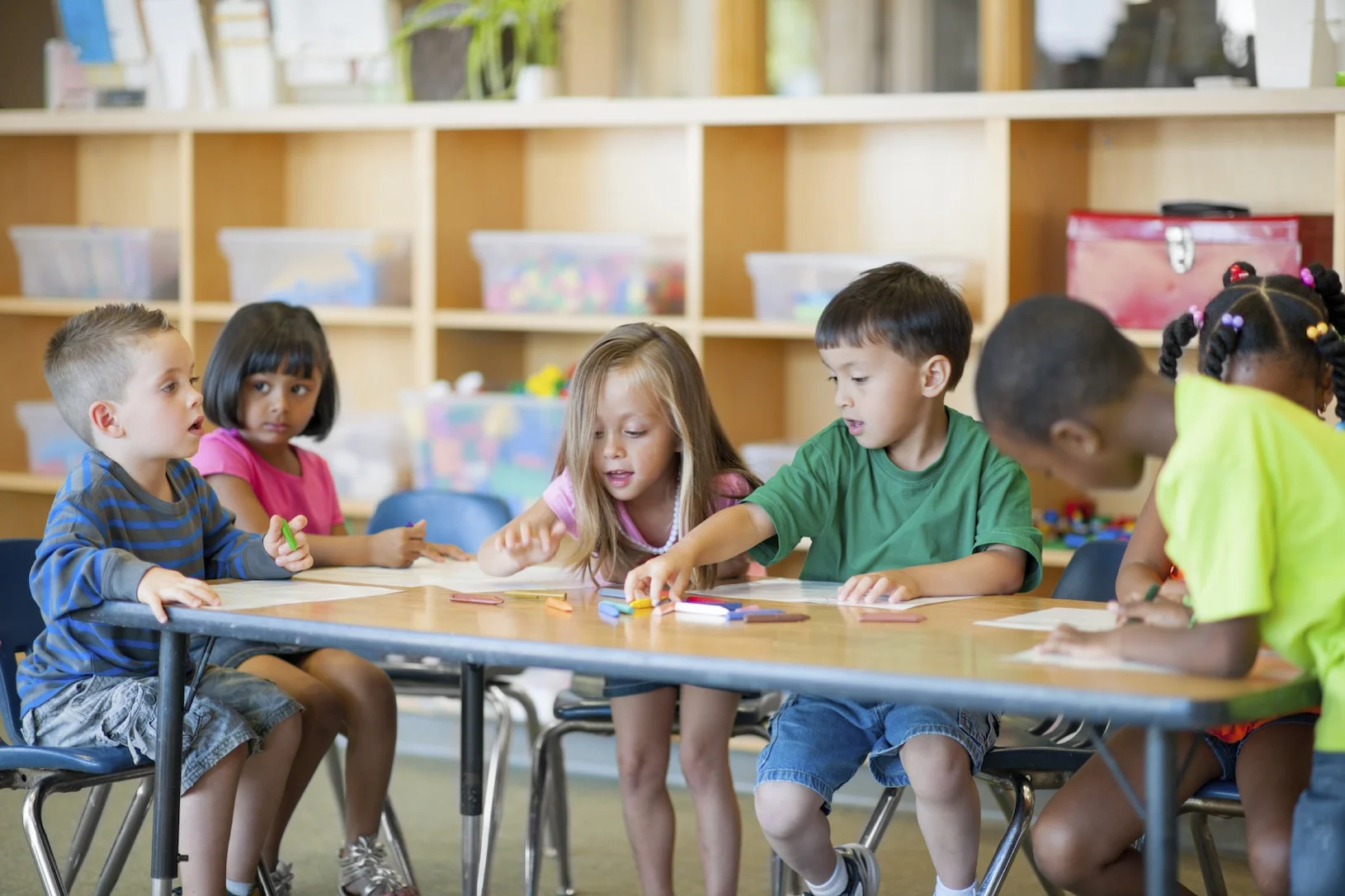As parents, we are often looking for ways to provide our children with resources, support, and care. Perhaps, you’ve noticed your teen would benefit from speaking with a therapist and you’re unsure of how to approach the conversation with them. In all my years in the mental health field, I have seen parents take one of two approaches, forgoing the conversation and bringing the teen to therapy without their knowledge, or preparing the teen for the first counseling appointment. I
Read MoreDuring this time, you may notice an increase in tantrums, yelling and fighting between siblings. Changing the way we view behavior is an important step in positive parenting. Children use behavior to communicate when they cannot articulate what they are feeling. As parents, we can often find ourselves using language such as “you’re being good” or “stop being bad”.
Read MoreDuring this time little ones may be having trouble identifying and expressing feelings. You may notice an increase in tantrums, anxiety and fighting between siblings. It’s always important to remember that all behavior is communication.
Read MoreMindfulness. A word you’ve probably heard a time or two. When we think of mindfulness our mind often flashes to a yoga studio where the members are in a tangled pose taking deep breaths. But did you know we can take little steps towards mindfulness everyday?
Read MoreYou may have heard of attachment theory before and if you’ve ever had a general psychology class, you may be aware of the infamous Bowlby and Ainsworth experiments. For those of us that are newer to the theory, no worries. This blog will give a basic understanding of attachment styles and how they impact our relationships.
Read MoreFostering healthy self-confidence is essential to build positive self-esteem. Positive self-confidence helps children try new things, take healthy risks, and solve problems. It gives them a solid foundation for learning and development. Bibliotherapy is a great way to introduce concepts to your child.
Read MoreBibliotherapy is a creative art therapeutic approach that uses literature to aid in the therapy process. Children’s books can be an excellent clinical tool to support children’s exploration and understanding of their world and life experiences. This is a great tool I often give to parents in order to continue the therapeutic work outside of the office. Many children identify with the characters in the book because they are overcoming the same obstacles. Over the next few weeks, I am going to provide a list of books that can help kids over come different obstacles from anger to anxiety. This week I’m sharing books on anger.
Read MoreDoes your child struggle with back to school jitters? Is your child entering kindergarten next year and unsure of what to expect? Or, would you like your child to freshen up on some skills before returning to school? Heights Family Counseling’s child and adolescent therapists, Rachel Ealy and Kristin Tallackson, are leading a school readiness camp this summer!
Read MoreAdolescence is a time when the body and brain undergo major changes. This brings about both trials and benefits for self-regulation. Brain systems responsible for emotions and sought rewards are more developed than their counterpart, cognitive control system. The cognitive control is responsible for good decision making and future planning.
Read MoreThrough the elementary years, children gain insight on how to better control their emotions, behavior, and attention. Children gain the ability to cope with impulses and delayed gratification. Children begun to think about thought processes, emotion, and develop critical thinking skills.
Read MoreChildren experience periods of rapid growth in areas of the brain associated with self-regulation. Piggy- backing off of the toddler years, it is important to continue to reinforce emotion identification, perspective-taking, calm down strategies, and problem-solving. I can not express enough how important it is to model the behavior and skills you are teaching your children.
Read More









